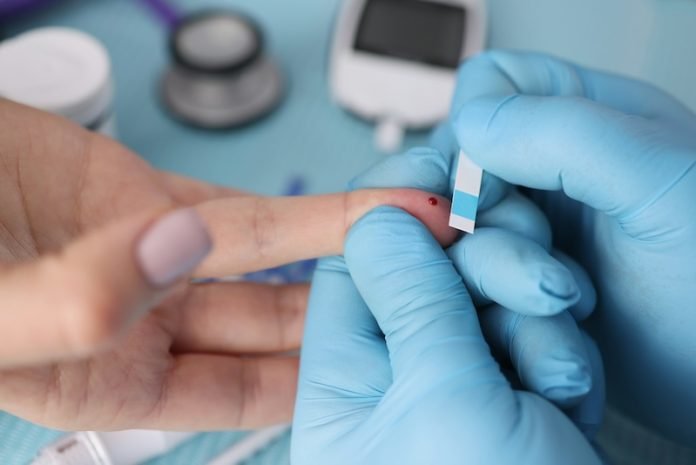
For many grappling with type 2 diabetes, metformin is a familiar starting point to control their blood sugar. Yet, often, metformin isn’t enough on its own, leading patients to add another drug to their regimen.
This step is vital, but a study from Northwestern Medicine shines a light on a widespread problem: sticking to these additional medications is tough.
The study, detailed in The American Journal of Managed Care, looked at data from over 82,000 patients between 2014 and 2017.
The findings were eye-opening: within a year of starting on a second-line diabetes medication, almost two-thirds of patients either stopped taking their drugs, switched to another, or had to increase their dosage.
This isn’t just a hassle—it means that effectively managing type 2 diabetes becomes harder, wasting both time and money and potentially leading to poorer health outcomes.
Of the five types of non-insulin diabetes medications reviewed, four had high rates of patients stopping their meds, with a 38% discontinuation rate.
The standout was the class known as glucagon-like peptide-1 receptor agonists (GLP-1 RAs), where half of the patients stopped treatment.
These drugs, despite their benefits, are often associated with uncomfortable gastrointestinal side effects like nausea, which might explain why so many people stop taking them.
David Liss from Northwestern University Feinberg School of Medicine, who played a key role in the study, pointed out the gravity of this issue.
When a doctor prescribes a new diabetes medication, there’s about a fifty-fifty chance the patient will stop taking it within a year.
The study also uncovered that patients were more likely to keep taking their medication and less likely to need an increased dose when an endocrinologist prescribed it, as opposed to a family or internal medicine doctor. This might be because endocrinologists are more familiar with these newer diabetes drugs.
The big takeaway from this research is the need for a better approach to prescribing these medications and a deeper understanding of what makes patients stop taking them. While stopping a medication might not cause immediate problems, it can lead to more serious complications, like hospitalizations related to diabetes, down the line.
For those managing type 2 diabetes, this study underscores the importance of open communication with healthcare providers. Finding the right medication—and sticking to it—can be challenging, but it’s crucial for long-term health.
If you care about diabetes, please read studies about Vitamin D and type 2 diabetes, and what you need to know about avocado and type 2 diabetes.
For more information about diabetes, please see recent studies about how to eat to prevent type 2 diabetes, and 5 vitamins that may prevent complication in diabetes.
Copyright © 2024 Knowridge Science Report. All rights reserved.




